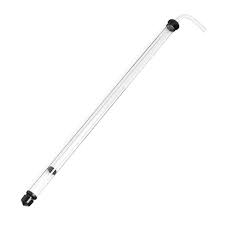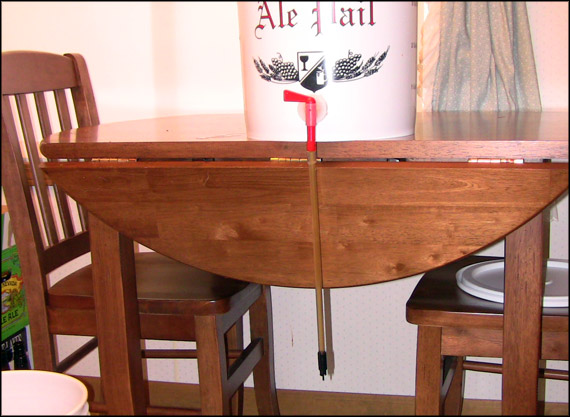Hello,
I’m very new to brewing… in fact, I got into brewing last time I was picking up supplies and the store owner gave me a muntons brown beer kit… which is now fermenting. I’ve done some wine before, but never beer.
That said - reading the instructions I’m told to put half a teaspoon of sugar into each pint bottle when bottling. Which to me sounds like bottle conditioning…
The issue i have is that most of my bottles are crown cap “single use” glass bottles. Things from drinking beer and stashing the bottles… will these explode? Should I be finding Belgian beer bottles or something more robust?
I’m very new to brewing… in fact, I got into brewing last time I was picking up supplies and the store owner gave me a muntons brown beer kit… which is now fermenting. I’ve done some wine before, but never beer.
That said - reading the instructions I’m told to put half a teaspoon of sugar into each pint bottle when bottling. Which to me sounds like bottle conditioning…
The issue i have is that most of my bottles are crown cap “single use” glass bottles. Things from drinking beer and stashing the bottles… will these explode? Should I be finding Belgian beer bottles or something more robust?






























![Craft A Brew - Safale S-04 Dry Yeast - Fermentis - English Ale Dry Yeast - For English and American Ales and Hard Apple Ciders - Ingredients for Home Brewing - Beer Making Supplies - [1 Pack]](https://m.media-amazon.com/images/I/41fVGNh6JfL._SL500_.jpg)




























